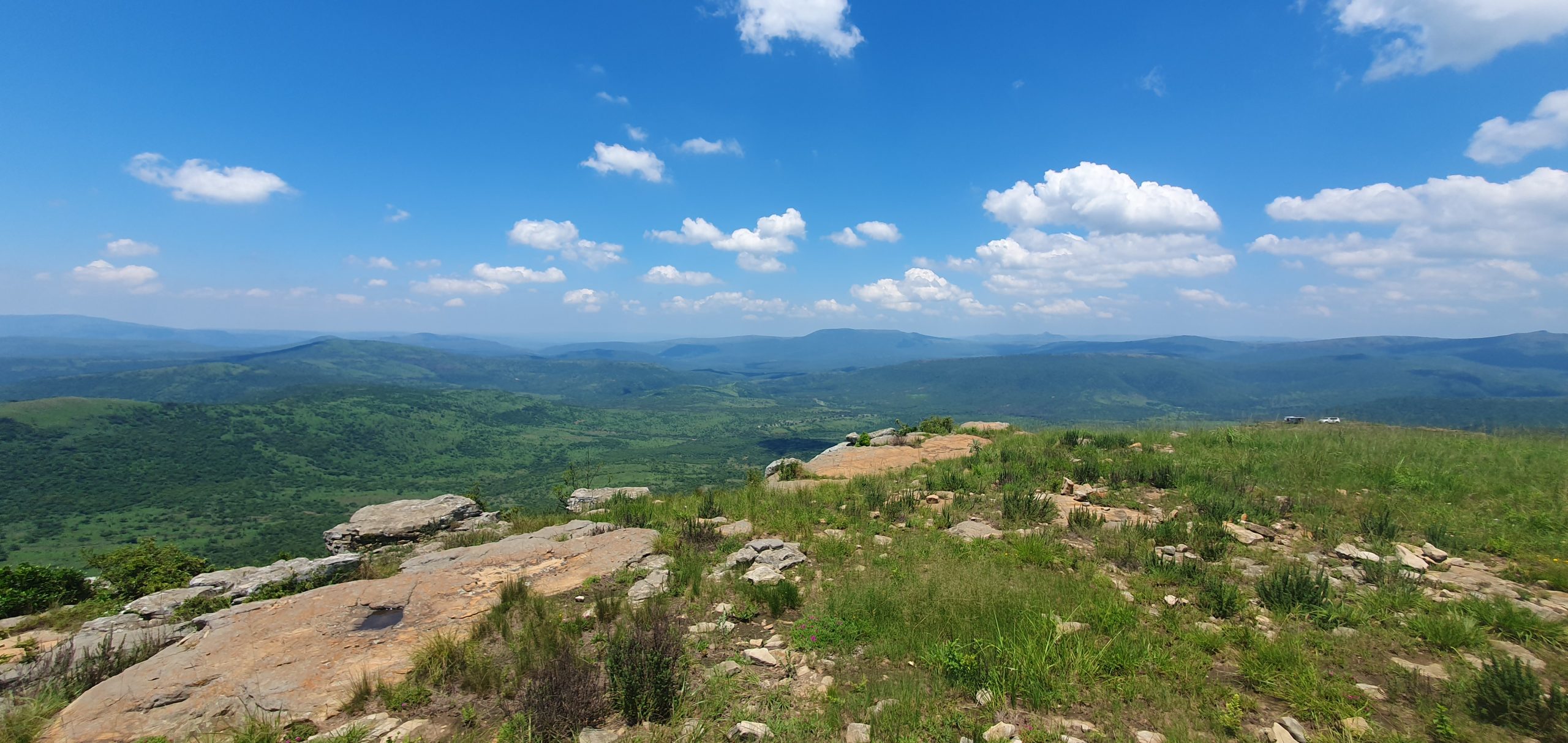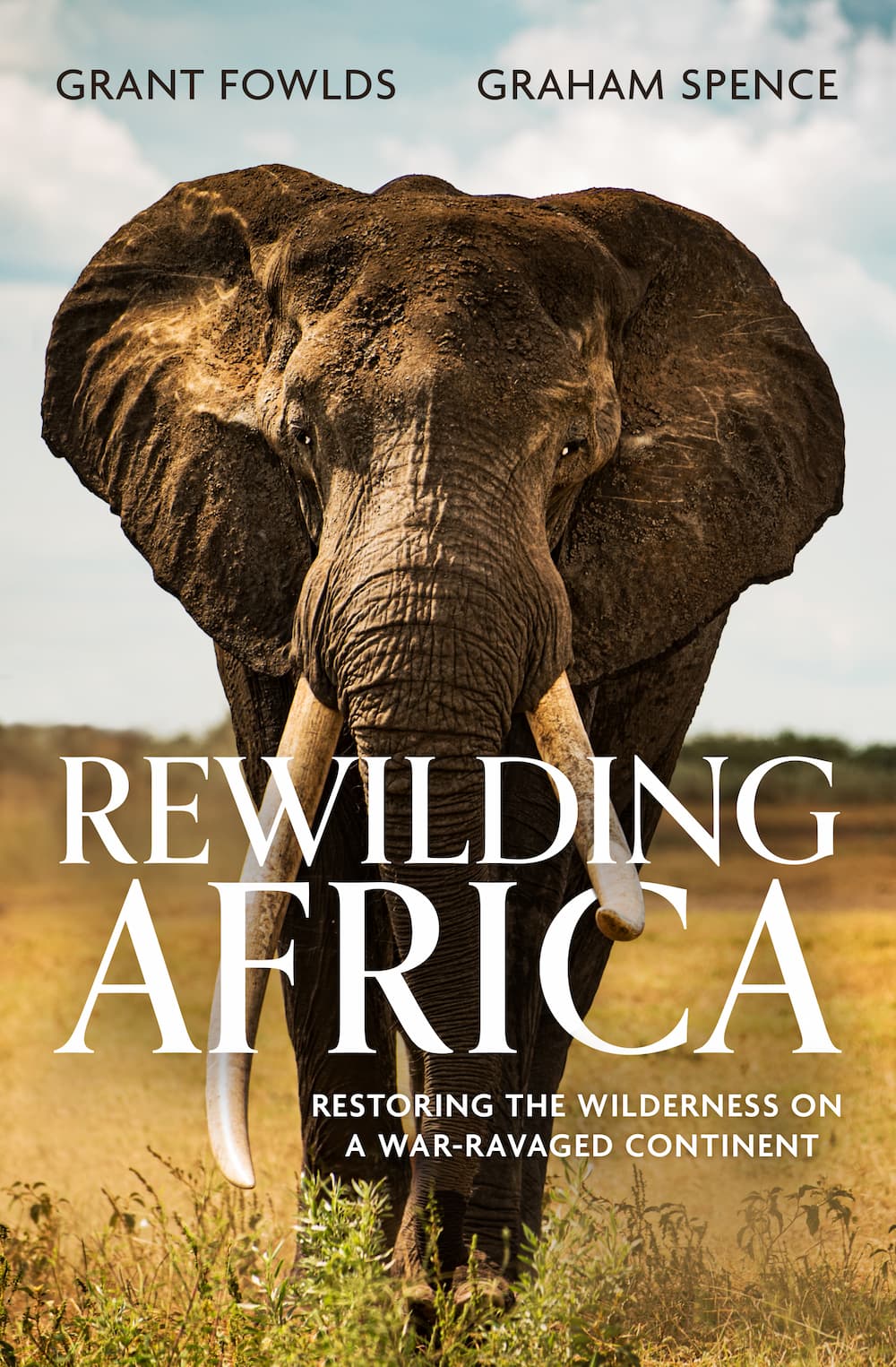An accessible way for anyone to own and protect a piece of Africa’s wilderness.
R3WILD addresses the critical challenge of preserving natural wilderness areas facing imminent threats. Climate change, endangered species' habitats, and the livelihoods of local communities are all at risk. The problem we're solving is the inadequacy and scalability of traditional conservation funding methods—our innovative approach leverages web3 technology to create sustainable and impactful solutions that scale.
We are a passionate team of conservationists with a focus on restoring and rewilding degraded land, connecting it to existing wildlife ecosystems to preserve and expand the habitats of endangered species, reduce CO2 and uplift impoverished local communities through eco-tourism. Rewilding efforts on this land can support value appreciation of the underlying assets.
R3WILD is a marketplace that enables both institutions and individuals to invest in real-world wilderness land, bundled as biodiversity impact bonds.
Our solution redefines conservation fintech, offering a direct, transparent, and impactful way for users to contribute to and profit from the preservation of wilderness areas and biodiversity.
To date, we have secured 1059ha of land in Zululand, South Africa to launch our pilot project. Find out more about it here.
A sneak peak at the R3WILD land bond marketplace.
Watch our intro video to learn more about our mission.
A brief look into our world…
 Amakhala Game Reserve – Where it all started. Amakhala began as our family dairy farm and was our first rewilding success story. Grant and William Fowlds were integral to the establishment of this old farmland into a world-renowned wildlife reserve, home to Africa’s Big 5 and visited by guests from across the globe.
Amakhala Game Reserve – Where it all started. Amakhala began as our family dairy farm and was our first rewilding success story. Grant and William Fowlds were integral to the establishment of this old farmland into a world-renowned wildlife reserve, home to Africa’s Big 5 and visited by guests from across the globe.

 Dr Will Fowlds on a white rhino procedure.
Dr Will Fowlds on a white rhino procedure.
 In Africa we are waging war against rhino poaching and fighting a continuous battle against poachers. A large part of our rewilding initiatives involve implementing anti-poaching units to protect these beautiful animals.
In Africa we are waging war against rhino poaching and fighting a continuous battle against poachers. A large part of our rewilding initiatives involve implementing anti-poaching units to protect these beautiful animals.
The Loziba Wildlife Reserve and the surrounding Loziba Community Conservancy, is one of our current initiatives that aims to bring communities and animals together for the benefit of both.


The elephants of Loziba



 Grants latest book Rewilding Africa, a sequel to his first best-seller Saving the Last Rhinos
Grants latest book Rewilding Africa, a sequel to his first best-seller Saving the Last Rhinos
R3WILD History
-
accepted into Climate Round 11 months ago.






